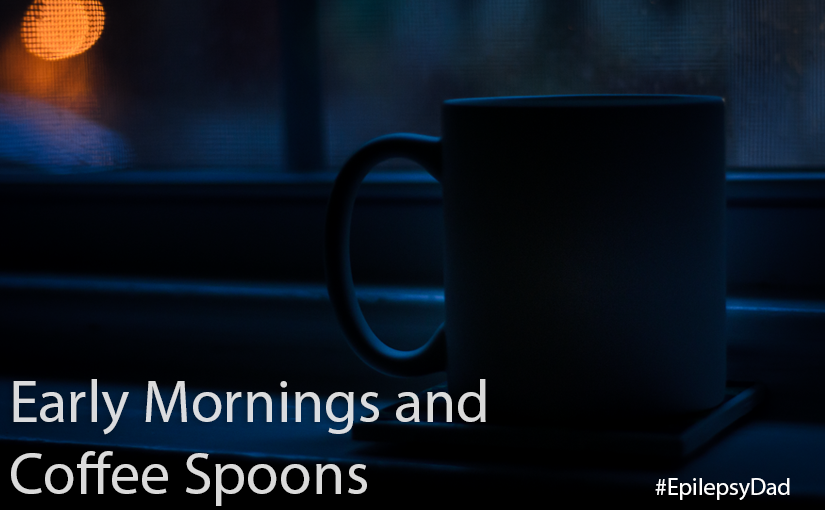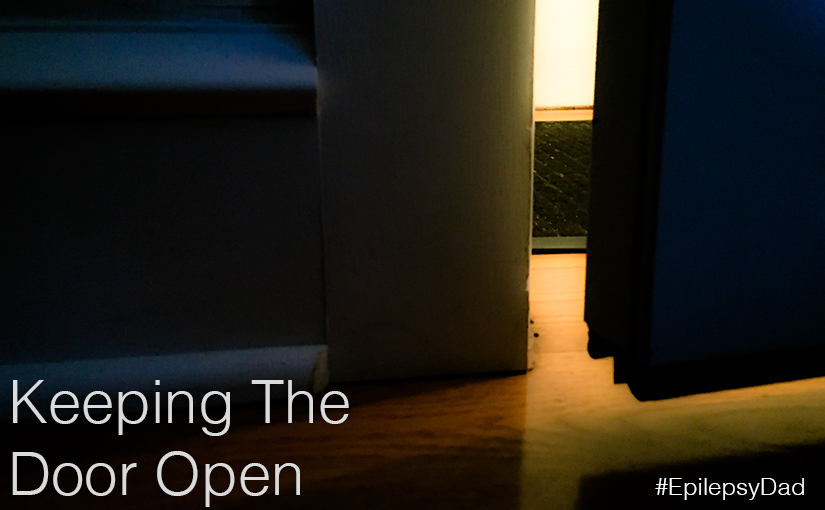It’s still dark outside, but I’m at my usual station, too early in the morning, writing. My son had a short seizure that woke me up. My wheels started turning and I couldn’t turn them off. The upside of him sleeping in our bed is that I don’t have to lose sleep wondering if the monitor is working. The downside is that his seizures are right in front of me, and its impossible to go back to sleep once they are over.
At some point, he isn’t going to be able to sleep with us. He’ll be too old and too big to fit in our bed. If there were ever a reason to wish him to remain seven forever, that might be near the top of my list. Coming in a close second is the fear that his condition is going to get worse as he gets older. Our doctor is concerned about what happens at puberty. It’s another stage of brain development where seizures can change or be more severe. I thought it was impossible for things to get worse. Apparently, they can.
Today, he’s only had epilepsy for a fraction of his existence, but by then, he’ll have had epilepsy for most of his life. We’ll long have lost count of seizures, and meds, and have long forgotten about the time before this began. It will be all we know and all he can remember.
This is what happens to my unrested brain so early in the morning. It gets pulled into the stream and dragged wherever the current takes it, and there is no safe shore for my thoughts to land. The present is filled with seizures, medicine, side effects, and, presently, a lack of sleep. The future has too much uncertainty, doubt, and fear. The past is too painful. Remembering a time without epilepsy is getting harder and, if I try, it makes me sad. What we saw for our lives back then was not this life.
My coffee sitting on the window sill does little to pull my unrested brain back to happier thoughts. But as I stare out onto the dark street, I can at least resist the urge to measure our lives with coffee spoons, in careful doses or as an observer. There is so much left to our journey, so much active living to do and so much of it is unknown that dwelling in any one place is fruitless toil.
Instead of focusing on a when, I try to focus on my what. My what is my family that is together and, in many ways, stronger than ever. Most days are hard, but there is always something to be grateful for. We have a nightly routine where we call out something that we’re grateful for from our day. Even if we skip the rest of our routine, that one gets done. Because those things for which I am grateful are worth measuring, and I want to focus on adding as many of them as I can to this life.
On that note, I’m going to sneak back into bed and lay next to my family. I’m going to do everything that I can to settle my mind and be present in that feeling of being together.
And, maybe, I’ll actually sleep.


